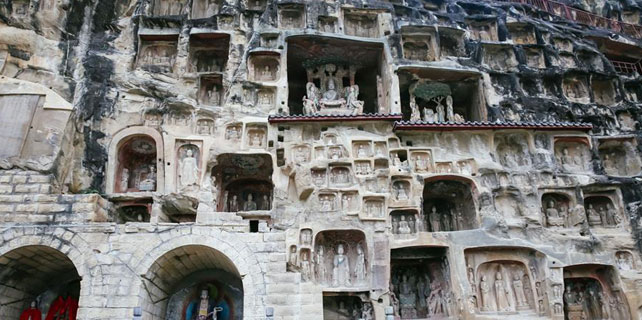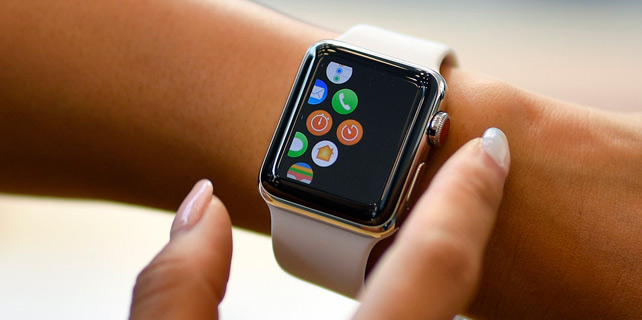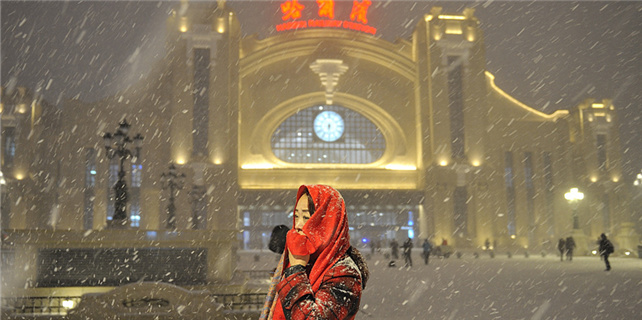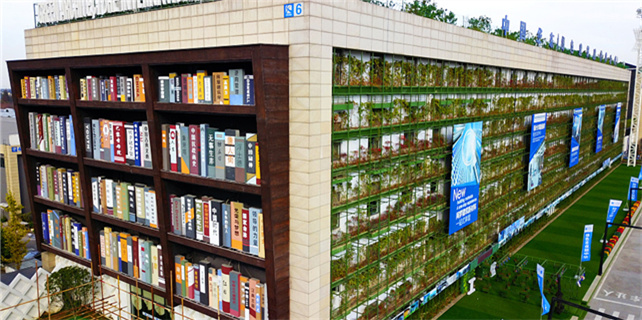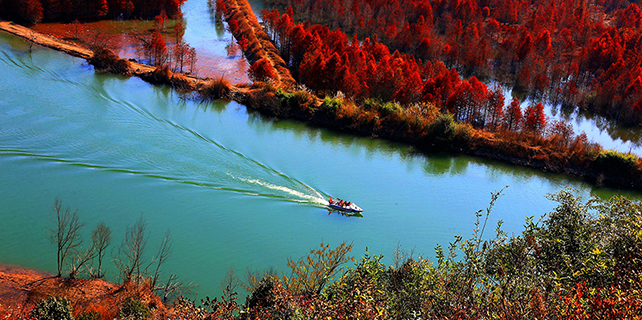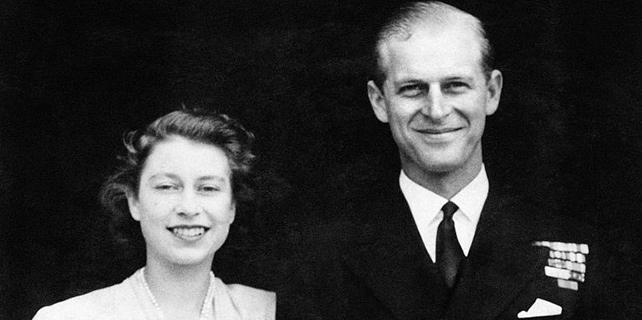Chinese owner of French vineyards causes stir with renaming
The Chinese owner of four vineyards in the French winemaking region of Bordeaux has caused a stir by giving the historic chateaus new names with a distinctly Chinese flavor.
Chateau Senilhac, which was once the largest wine producer in the Medoc area of Bordeaux, had been in the Grassin family for eight decades when it was sold to Chinese entrepreneur Chi Tong earlier this year.
According to one employee, staff at the chateau were instructed from Hong Kong three months ago to rebrand the chateau under the new name Chateau Antilope Tibetaine, or Chateau Tibetan Antelope in English.
"I think the name is great. It's a little bit strange, but we sell so much wine to China, I think that's why they changed the name," said the employee, who spoke under condition of anonymity.
Three other vineyards in Bordeaux – all owned by Chi – have undergone similar rebranding.
After three centuries without change, the signs around Chateau Larteau now read Chateau Lapin Imperial (Chateau Imperial Rabbit).
Chateau La Tour Saint-Pierre, a vineyard in the Saint-Emilion area of Bordeaux, is changing its name to Chateau Lapin d'Or (Chateau Golden Rabbit).
And Chateau Clos Bel-Air, an estate in Pomerol that dates back to the late 1800s, will soon operate under the name Chateau Grande Antilope (Chateau Great Antelope).
Spurred on by a growing thirst for wine among an expanding middle class in China, Chinese investors have snapped up more than 100 vineyards in France, with the majority in the Bordeaux area.
"There's an increasing popularity of red wine in China, the market has really matured, and over the last 10 years, consumption of imported wine from Bordeaux has gone up a lot," said Lina Fan, who runs the Vignobles des Quatre Vents vineyard in Bordeaux.
China imported more than 98 million liters of French wine between January and March this year, according to customs figures, a 15.7 percent increase on the same period last year.
And China has been the top export destination for wine from Bordeaux since 2011. Last year, the region sent 74 million bottles of wine to China, according to winemaker's association ConseilInterprofessionnel du Vin de Bordeaux.
"There's a trend of Chinese investors buying vineyards in some of the major regions like Bordeaux," Chris Mercer, online editor for wine magazine Decanter, said earlier this year. "They are interested in exporting back to China. Some of them have things like hotel chains they are supplying."
Foreign ownership of French vineyards is nothing new; hundreds of wineries are owned by overseas investors, particularly backers from the United Kingdom, Belgium, and the Netherlands.
However, the image overhaul at the four China-owned vineyards has caused concern among some locals.
Jean-Marie Garde, chairman of the winemaker's union in Pomerol, told local French newspaper SudOuest that it would be bad for the region’s image if "all the great chateaux were transformed into rabbits and antelopes".
One person commenting on the SudOuest article called the rebranding a "great shame".
"What a disappointment to see this sort of thing, a seller and a buyer who don’t respect the terroir," wrote LoicLafon.
Another suggested that Chinese ownership of vineyards in France would help maintain the health of the industry.
"If the French are not able to buy these chateaux, it's OK for the Chinese to buy them," wrote Damien Granger. "Without them, this heritage would be lost."







